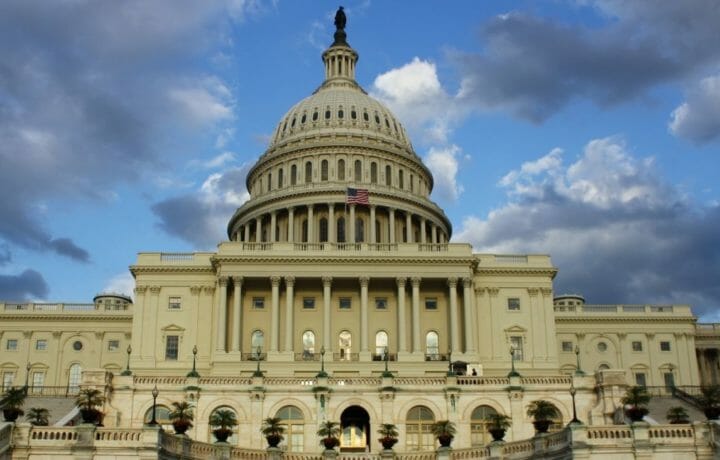The Senate Select Committee on Intelligence unanimously approved the Intelligence Authorization Act for Fiscal Year 2024 (IAA), providing necessary funding, legal authorities, and enhanced oversight for the U.S. Intelligence Community (IC).
Chairman of the Committee, Senator Mark R. Warner (D-VA), emphasized the bipartisan nature of the IAA, stating that it bolsters the IC’s ability to track threats posed by adversarial nations, particularly in the areas of technological and economic competition with China. The bill also focuses on reforming the nation’s security classification system, strengthening election system security, and improving the security clearance process to attract a diverse and talented workforce.
Committee Vice Chairman Senator Marco Rubio (R-FL) emphasized the need for the IC to adapt swiftly in the face of great power conflicts, particularly with China and Russia colluding to undermine the United States and the international rules-based system. Rubio highlighted the importance of intelligence collection, objective analysis, and equipping policymakers with the necessary support to protect national security, promote economic prosperity, and uphold American values.
key areas to address national security concerns
The IAA for Fiscal Year 2024 provides funding and resources essential for the IC’s operations and ensures robust congressional oversight. The bill’s provisions focus on key areas to address national security concerns.
1. Addressing Threats from China
Increasing oversight on China’s predatory economic practices, political influence operations, military capabilities, and attempts to dominate critical supply chains, such as artificial intelligence (AI), next-generation energy technologies, and biotechnology.
2. Atrocities Coordinator
Establishing a new IC atrocities coordinator to enhance collection, analysis, and intelligence support for holding China accountable for human rights abuses.
3. Security Classification Reform
Promoting reform of the security classification system by reducing overclassification, establishing interagency governance and accountability, preventing mishandling of classified information, and utilizing technology for declassification and public trust.
4. Voting System Security
Strengthening the security of America’s voting systems by requiring simulated attacks during the certification process to identify vulnerabilities before exploitation by adversaries.
5. Lessons from Ukraine Conflict
Requiring the IC to conduct a comprehensive assessment of Russia’s war in Ukraine, examining its implications for U.S. national security and the NATO alliance.
6. Adoption of Emerging Technologies
Enhancing the IC’s procurement, adoption, and integration of emerging technologies, including AI, by establishing policies and guidelines under the Director of National Intelligence.
7. Counterintelligence at National Lab
Protecting against foreign counterintelligence risks at Department of Energy National Laboratories.
8. Insight into Venezuela
Enhancing intelligence on the imprisonment of U.S. persons by the Maduro regime in Venezuela.
9. Workforce Excellence
Ensuring a top-notch IC workforce through improved recruitment, mobility among agencies, recruitment priorities for financial intelligence and technical expertise, and establishing procedures for investigating CIA sexual misconduct complaints.
10. Transparency on Unidentified Aerial Phenomena
Increasing funding and reporting requirements on Unidentified Aerial Phenomena (UAP) to enhance transparency.
11. Security Clearance Reform
Building on previous reforms, the bill codifies new timeliness standards for processing personnel vetting determinations.
12. Prohibition on Collecting Information on U.S. Person
Prohibiting the Department of Homeland Security’s Office of Intelligence and Analysis from collecting information or intelligence on U.S. persons.
13. Whistleblower Protection
Maintaining congressional oversight and protections for whistleblowers reporting fraud, waste, or abuse.
14. Support for Anomalous Health Incidents (AHI)
Ensuring continued support for victims of AHI, known as “”Havana Syndrome,” through improved funding flexibility for payments and regulatory procedures across IC elements.
The Senate Intelligence Committee is dedicated to strengthening the IC and addressing critical national security challenges. By providing necessary resources, improving oversight, and implementing reforms, the United States safeguards its interests and upholds its commitment to intelligence excellence.




